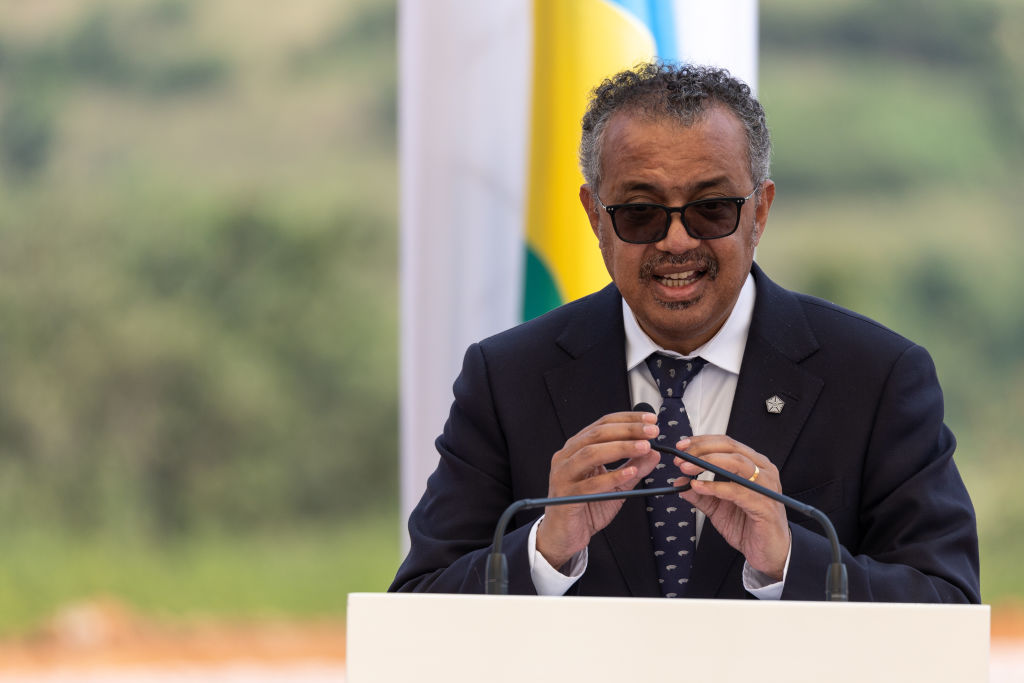ADF STAFF
Weekly COVID-19 deaths and hospitalizations have decreased globally, prompting the World Health Organization (WHO) to declare that the pandemic’s end is “in sight.”
Although deaths from COVID-19 during a one-week period in September were the lowest since March 2020, the organization cautioned that the pandemic that has killed almost 256,000 people in Africa is not over.
“Last week, the number of weekly reported deaths from COVID-19 was the lowest since March 2020,” WHO Director-General Dr. Tedros Adhanom Ghebreyesus, said at a mid-September press conference. “We have never been in a better position to end the pandemic — we are not there yet, but the end is in sight.”
Tedros stressed that governments still should strengthen health policies regarding COVID-19 and other disease outbreaks, and continue testing for the virus.
Despite Tedros’ optimistic outlook, Dr. Ahmed Ogwell Ouma, acting director of the Africa Centres for Disease Control and Prevention (Africa CDC), cautioned that COVID-19 still is a threat.
“The virus is still circulating and … the pandemic is still very much with us on the continent,” Ouma said during a news conference.
Mustaqeem De Gama, director of legal international trade at South Africa’s Department of Trade, Industry and Competition, said that African nations must continue to push for equitable access to COVID-19 tools.
“The swift, equitable roll-out of … tests and treatments is crucial to help countries combat COVID-19,” De Gama said on the WHO’s website. “Without adequate testing and sequencing, the world is blind to the evolution of the virus and potential new variants. People in low- and middle-income countries continue to die due to a lack of access to antiviral treatments and oxygen.”
Continent Now Better Prepared
Dr. Matshidiso Moeti, WHO regional director for Africa, said the pandemic forced nations to strengthen genomic surveillance, which might help mitigate future outbreaks. Genomic surveillance helps health officials more effectively detect and respond to COVID-19 variants.
“The continent is now better prepared to face down both old and emerging pathogens,” Moeti said. “This is a model of how when Africans are in the driving seat we can come up with lasting change and stay a step ahead of dangerous diseases.”
The WHO’s Regional Committee for Africa in late August announced a drive to revamp the region’s health systems during a conference in Togo. The committee aims to achieve universal health care and maintain essential services during disease outbreaks, while securing investments for quality products and health technologies.
“The COVID-19 pandemic highlighted the fragility of our continent’s health infrastructure and the urgent need to strengthen the overall health system to secure access to quality care for all Africa’s people, when and where they need it, without incurring financial hardship,” Moeti said.
Moeti added that domestic investment in health research has significant “economic returns.”
“Healthy populations translate to healthy economies,” Moeti said.

